Tyson Foods, the largest meat producer in the United States, agreed to stop marketing a line of its climate-friendly beef and to drop its claim that it could reach net-zero emissions by 2050. The changes are the result of a lawsuit settlement with the Environmental Working Group, a nonprofit that sued Tyson for allegedly misleading consumers about the environmental impact of its products.
As part of the settlement, Tyson must refrain from making these environmental claims for five years and cannot make new ones unless they are supported by "science-based" targets, which are emissions reduction goals that are in line with the Paris Agreement. The company must also submit to regular audits to ensure it is meeting its environmental commitments. Tyson's decision to drop its climate-friendly beef marketing campaign is a significant blow to the meat industry's efforts to rebrand itself as environmentally friendly.
Tyson's climate-friendly beef, which was marketed as " Raised Right" beef, was touted as a more sustainable alternative to traditional beef. However, the Environmental Working Group argued that the company's environmental claims were misleading and that the beef was not as sustainable as advertised. The group pointed out that meat and dairy production are two of the highest polluting industries, accounting for 14.5 to 19 percent of global greenhouse gas emissions, with much of it stemming from beef.
The lawsuit settlement is a significant victory for environmental groups, which have long criticized the meat industry for its environmental impact. "This settlement is a major step forward in holding the meat industry accountable for its pollution," said Scott Faber, the senior vice president of government affairs for the Environmental Working Group. "We hope that other companies will follow Tyson's lead and prioritize the environment over profits."
The meat industry has faced increasing pressure to reduce its environmental impact in recent years. Meat and dairy production are significant contributors to greenhouse gas emissions, deforestation, and water pollution. In response, some companies have launched sustainability initiatives and marketed their products as environmentally friendly. However, critics argue that these efforts are often greenwashing, or the practice of making false or misleading environmental claims to improve a company's public image.
Tyson's decision to drop its climate-friendly beef marketing campaign is a significant development in the meat industry's climate accountability moment. The company's settlement with the Environmental Working Group sets a precedent for other companies in the industry to prioritize the environment over profits. As the world continues to grapple with the impacts of climate change, the meat industry will face increasing pressure to reduce its environmental footprint.
The current status of the settlement is that Tyson must comply with the terms of the agreement, which include refraining from making environmental claims for five years and submitting to regular audits. The company's decision to drop its climate-friendly beef marketing campaign is a significant blow to the meat industry's efforts to rebrand itself as environmentally friendly. As the industry continues to evolve, it remains to be seen how other companies will respond to the growing pressure to prioritize the environment over profits.
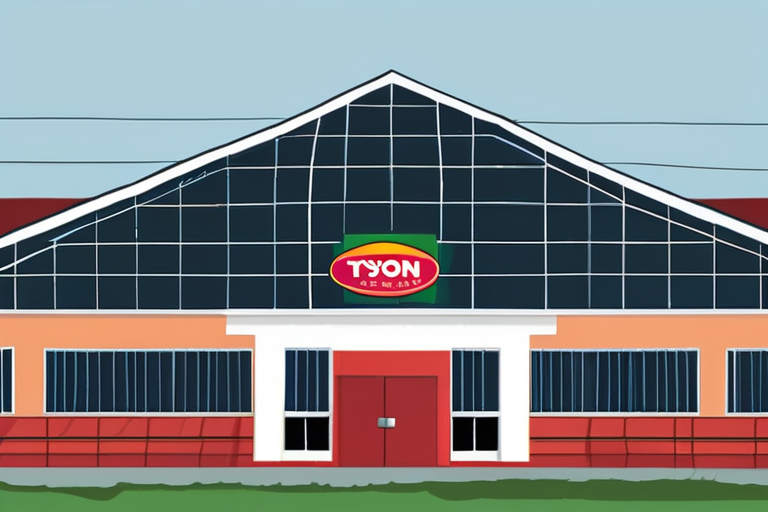



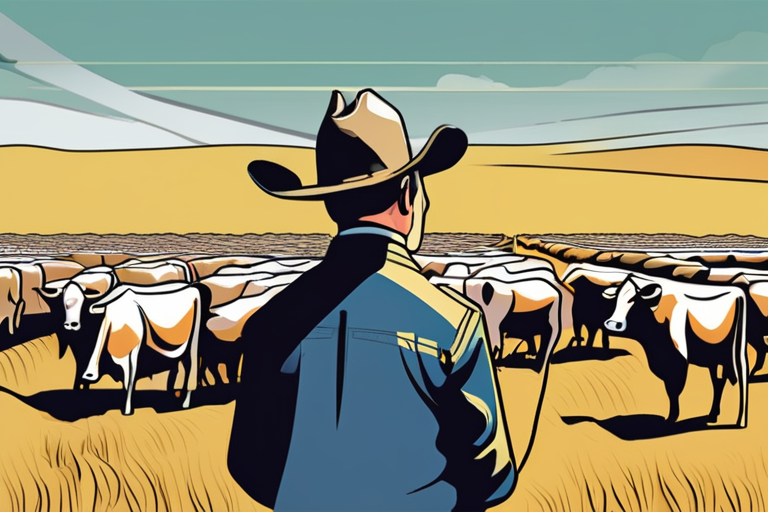




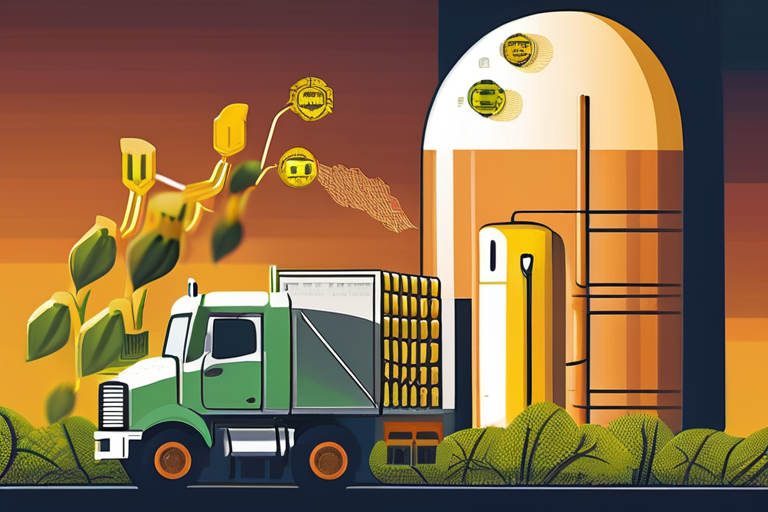



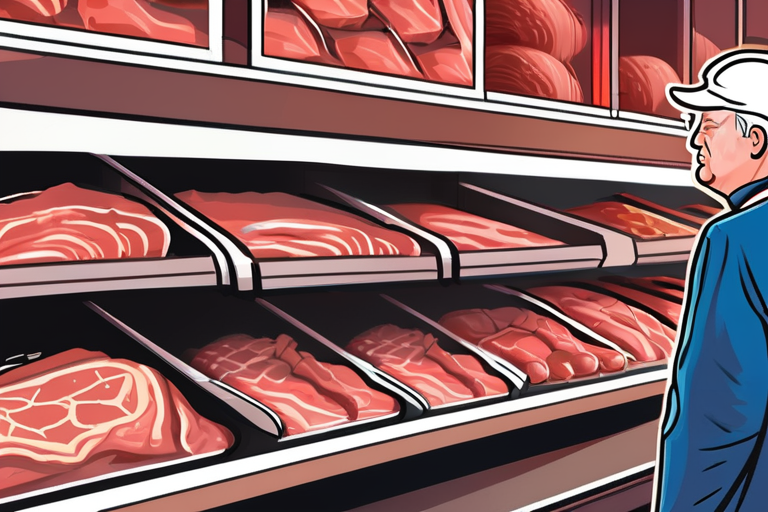






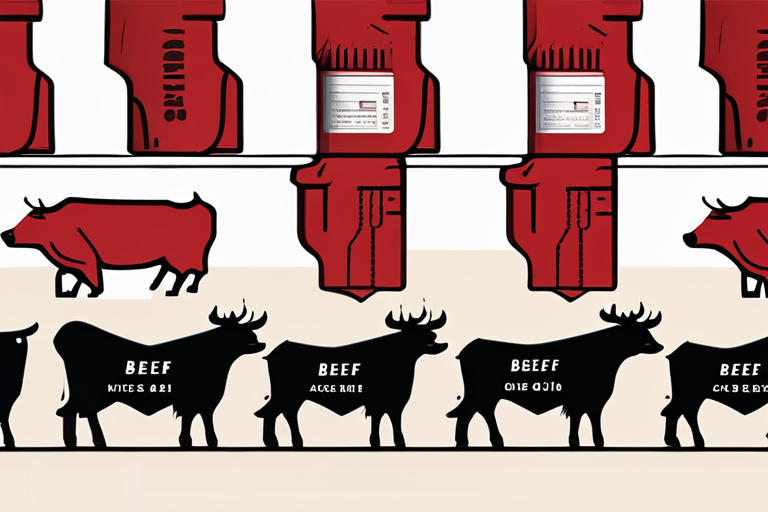






Share & Engage Share
Share this article